## Why Do Dogs Guard Their Food? A Comprehensive Guide to Causes and Treatment
Dogs, like many other animals, have a natural instinct to protect their resources, including their food. Food guarding, while a common behavior in dogs, can be a problem if it becomes excessive or aggressive. Understanding the underlying causes of food guarding is crucial for effectively treating the behavior.
**Causes of Food Guarding:**
* **Resource Guarding Instincts:**
Dogs have an innate drive to defend their possessions, including food. This behavior is ingrained in their genetic makeup and can be especially prevalent in certain breeds that were historically tasked with protecting their resources.
* **Fear of Losing Access to Food:**
Dogs who have experienced food scarcity or competition in the past may develop a fear of losing access to food. This fear can lead them to guard their meals aggressively to prevent others from taking it away.
* **Past Negative Experiences:**
Dogs who have had negative experiences with food, such as being punished or threatened while eating, may associate food with fear or anxiety. This can lead to food guarding as a defensive mechanism.
* **Medical Conditions:**
Underlying medical conditions, such as pain, hunger, or dental problems, can also contribute to food guarding behavior. Discomfort or pain while eating can make dogs more protective of their food.
Why Do Dogs Guard Their Food?
Food guarding, where dogs exhibit aggressive behavior to protect their food or food-related items, is a common canine behavior with underlying causes rooted in instinct and environmental factors.
A. Resource Guarding Instinct
Dogs possess an innate resource guarding instinct, driven by the need to protect their survival. Food, being essential for sustenance, evokes a strong protective response.
B. Fear of Losing Access to Food
Dogs may guard food due to perceived scarcity or fear of losing access to it. This fear can stem from past experiences of competition or inconsistent feeding schedules.
C. Past Experiences of Competition or Scarcity
Dogs raised in environments with limited food resources or exposure to competitive feeding situations may develop food guarding behaviors as a coping mechanism.
D. Medical Conditions
Underlying medical conditions, such as pain or hunger, can also trigger food guarding. Pain may make dogs sensitive to touch, while hunger can exacerbate resource protection.
Understanding the underlying causes of food guarding is crucial for developing effective treatment strategies. Preventive measures, such as early socialization and resource sharing, can help minimize the risk of food guarding. If your dog exhibits food guarding behavior, seek professional guidance from a veterinarian or certified dog trainer to address the underlying causes and develop appropriate management and behavior modification techniques.
The #1 Free Source for Pitbull & Bully Pedigrees!
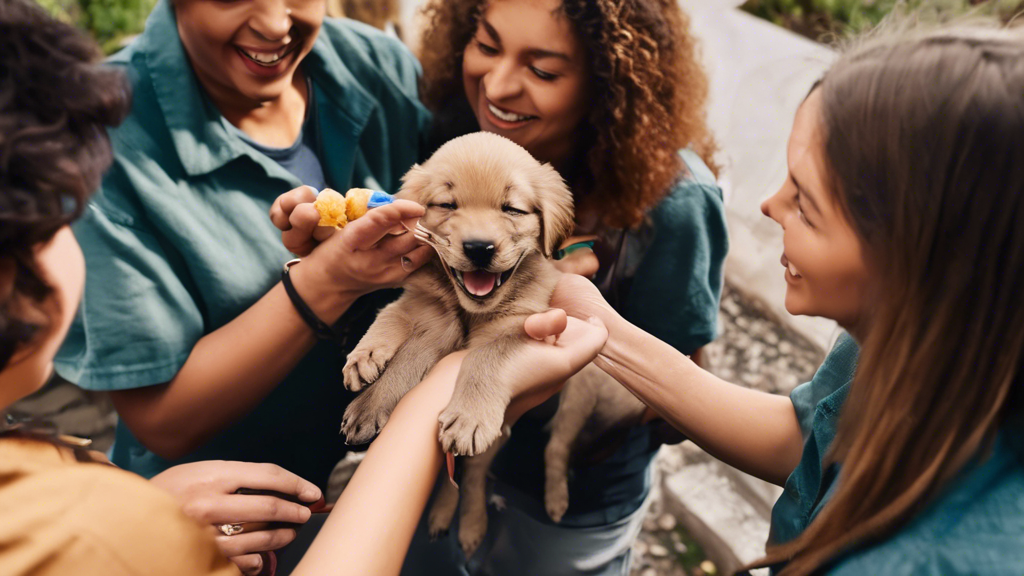
II. How to Treat Food Guarding in Dogs
A. Prevention and Training
- Early socialization, handling, and resource sharing: Expose puppies to different people, animals, and situations while teaching them to share toys and food without anxiety.
- Gradual desensitization and counter-conditioning: Slowly expose dogs to their food triggers while providing positive experiences, such as treats or praise, to associate these triggers with safety rather than fear.
B. Management and Behavior Modification
- Controlled feeding schedules and separate feeding areas: Establish regular feeding times in a calm and controlled location where the dog feels secure.
- Trade-and-treat techniques: When the dog is eating, offer high-value treats to trade for their food bowl. This teaches them that interactions around food are positive.
- Behavioral therapy and professional consultation: If severe food guarding persists, consult a veterinarian to rule out any underlying medical conditions and a certified animal behaviorist for personalized behavior modification plans.
Remember, treating food guarding can be a gradual process that requires patience, consistency, and positive reinforcement. By implementing these strategies, you can help your dog overcome this behavior and create a harmonious and safe environment for all.
**Conclusion:**
Understanding the underlying causes of food guarding is essential for effective prevention and treatment. By addressing resource guarding instincts, addressing fears, and managing medical conditions, owners can create safe and comfortable feeding environments for their dogs. Prevention through early socialization, training, and resource sharing plays a crucial role in shaping well-balanced and non-aggressive dogs. Gradual desensitization and counter-conditioning techniques help dogs overcome their fear responses, while trade-and-treat methods build positive associations with sharing and handling food. Behavioral therapy and professional consultation provide additional support for dogs with severe or persistent food guarding issues. Remember, patience, consistency, and positive reinforcement are key to successfully treating food guarding and fostering a harmonious relationship between dogs and their food resources.







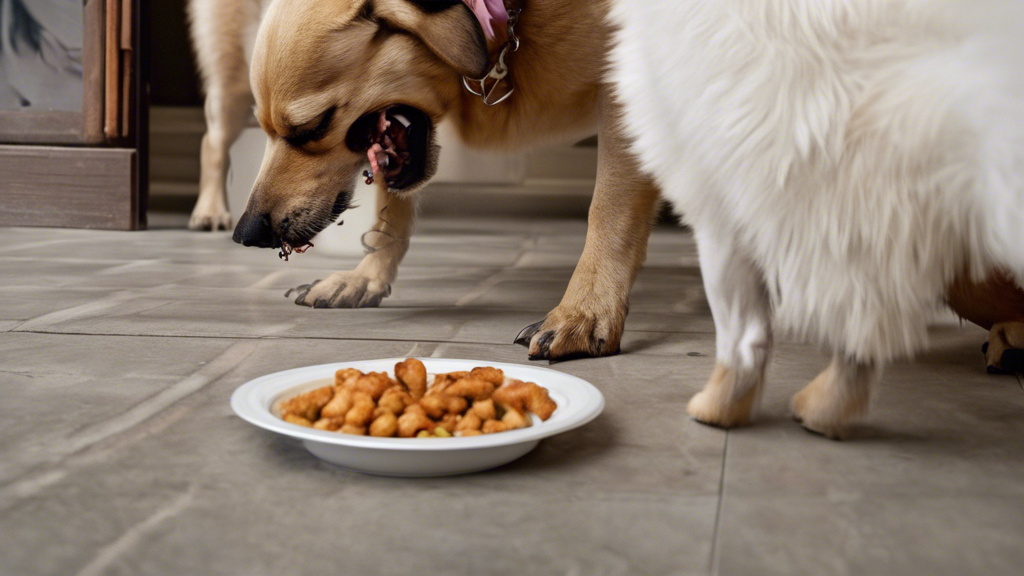
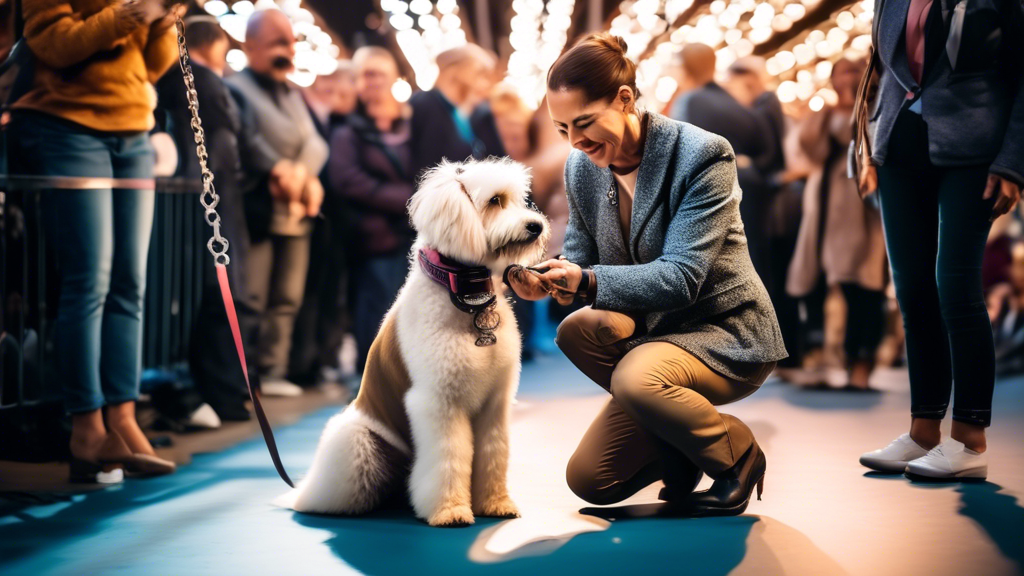
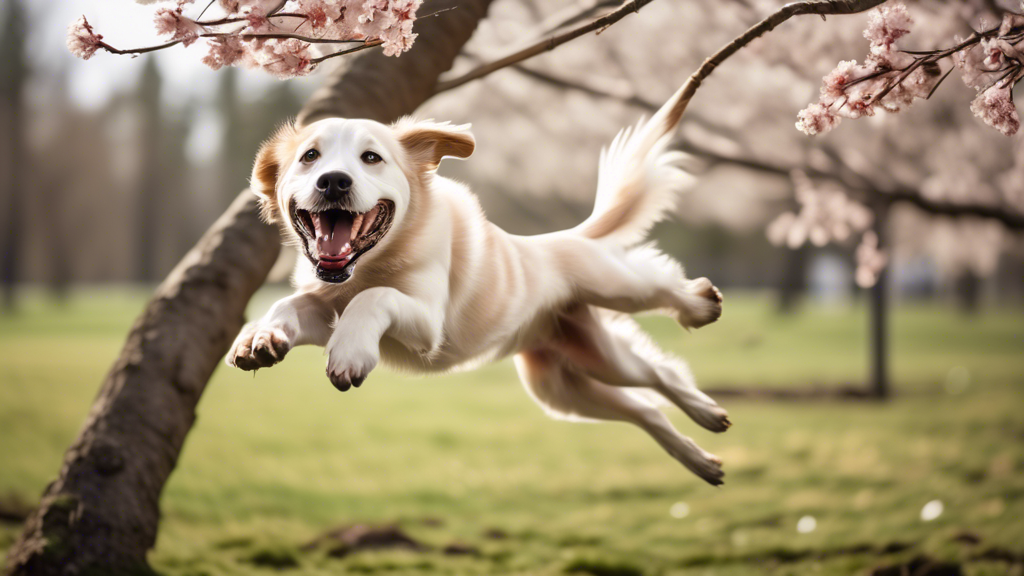
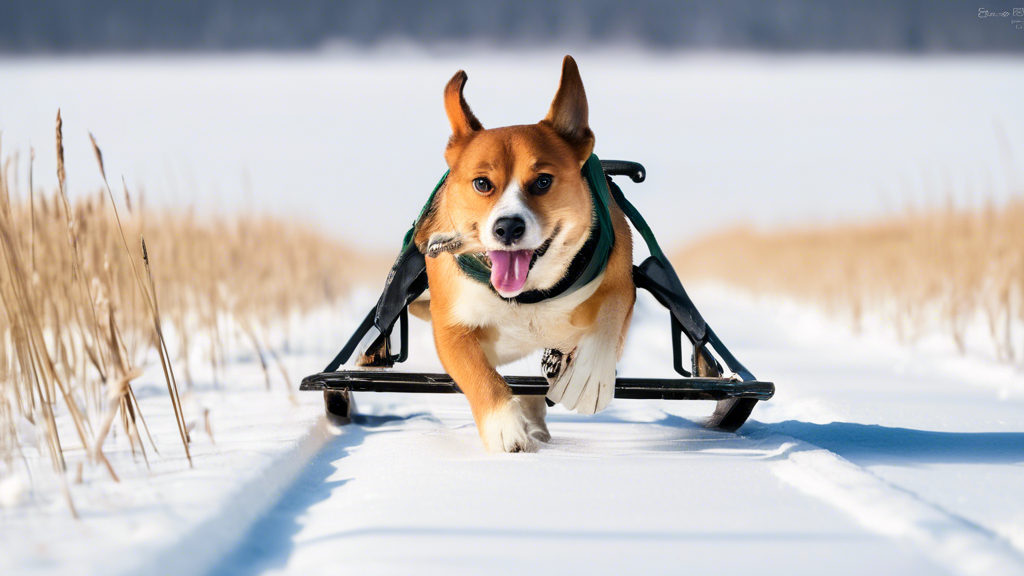
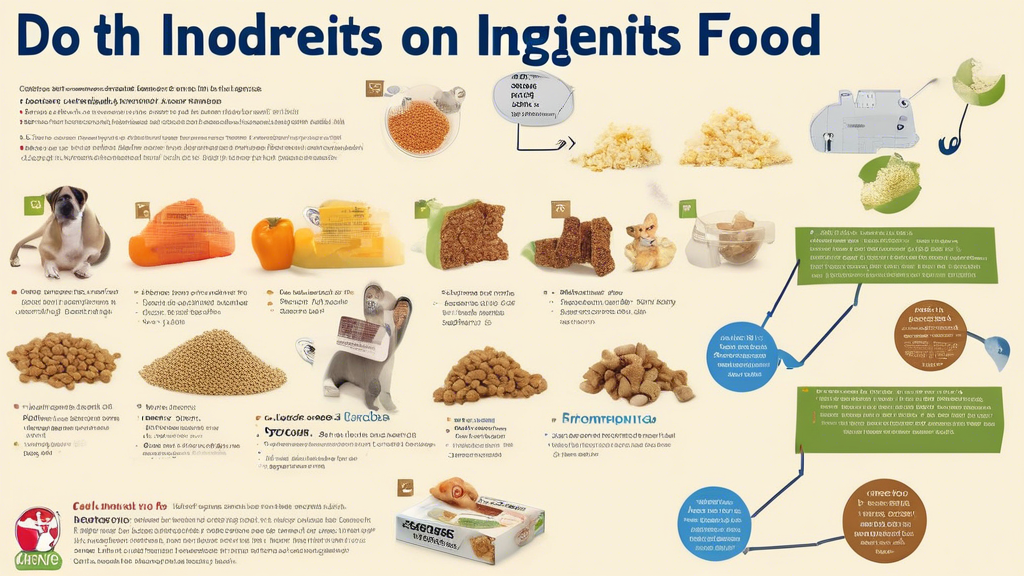
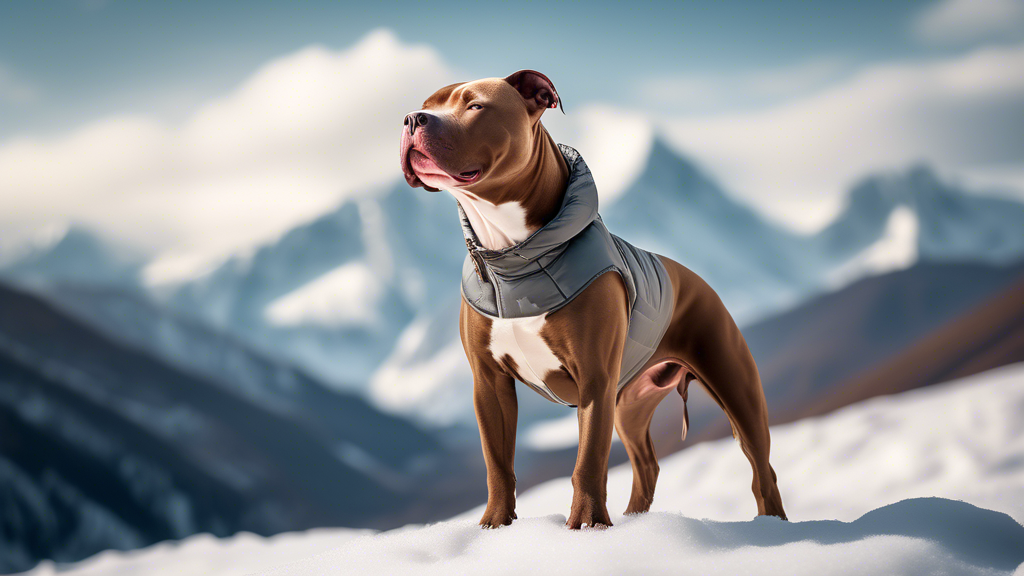
Leave A Comment